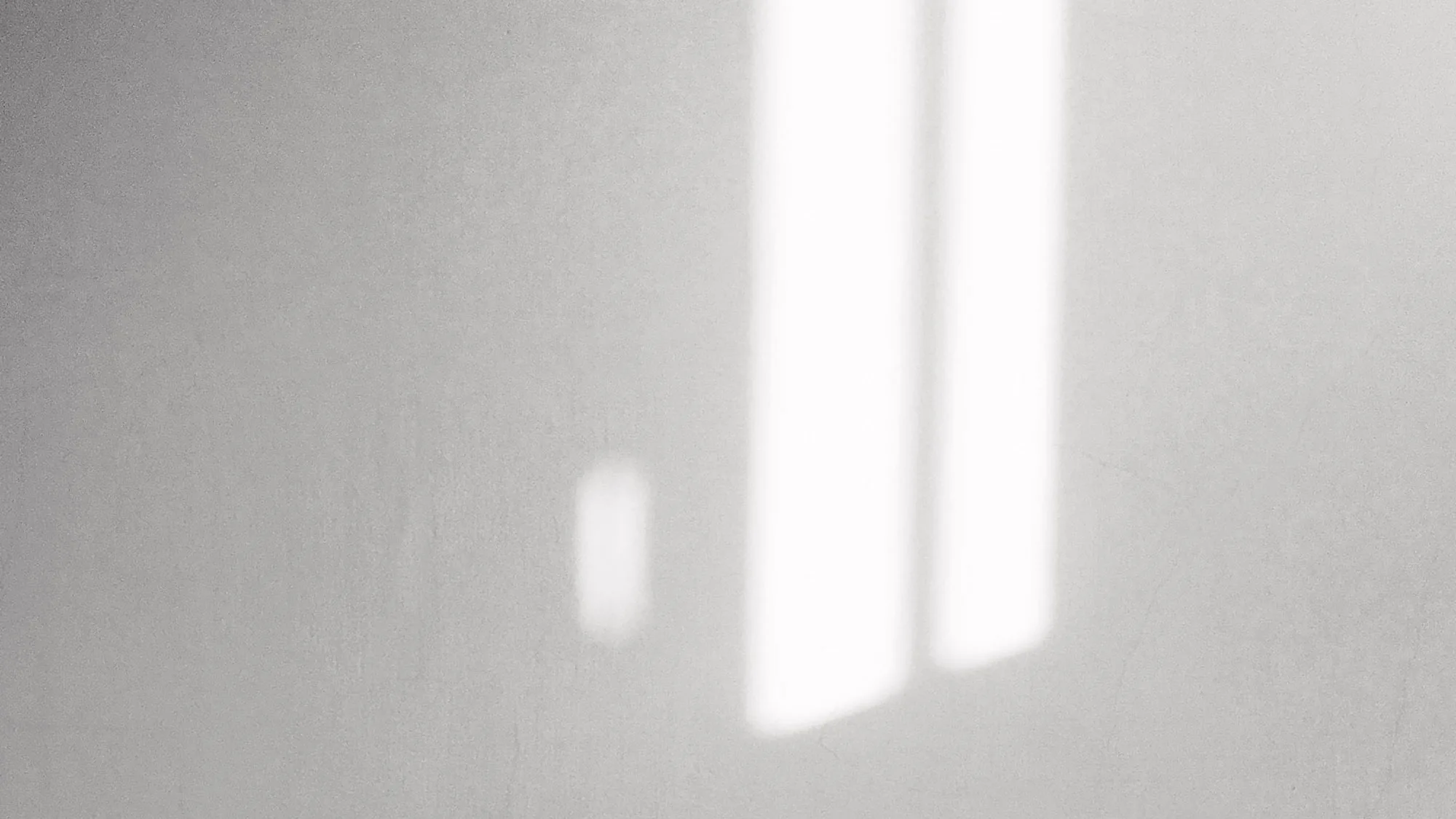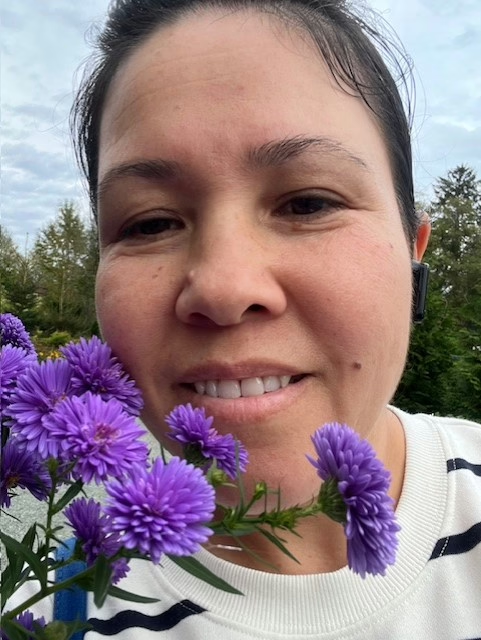
Bereavement Series: Nooria’s story
Published June 6th, 2025
Written by: Isabel Munsie
We are sharing personal stories from those who have experienced suicide grief. These reflections may offer connection, comfort, or a sense of understanding to others navigating a similar loss. This is one story in our series. You can find all of our stories on our updates page.
This story discusses themes that readers may find upsetting. If you or someone you know is struggling or needs help, support is available.
Nooria arrived from Pakistan to Canada in 2002 after previously fleeing Afghanistan during the rise of the war in the 1990s. For many international citizens seeking political asylum, the transition from their homeland to a brand new country can be jarring, but Nooria emphasizes that she and her family felt blessed to be welcomed into the safety of British Columbia. Above all else, Nooria values the support of family and having them by her side was pivotal not only for the massive adjustment of immigrating to a new country, but in every stage of life that followed— including the passing of her late husband from suicide.
Roohullah reached out to Nooria in 2013 on Facebook. They had attended high school together in Pakistan and Roohullah was looking to connect with people from his past that had also moved to Canada. Even though she couldn’t remember meeting him in school, the two of them started to chat online and their relationship quickly began to prosper. By 2014 they were married and Nooria had packed her life up once again, this time moving across the country to live with Roohullah in Toronto.
Nooria remembers their early years of marriage with a complicated suite of emotions. In her culture, men are expected to be the head of the household and subsume the duties of looking after their parents as they age. Roohullah took the role of provider very seriously, working long and tedious hours running a breakfast restaurant in Toronto while also dutifully looking after his aging parents. Unfortunately, this left Nooria often feeling lonely and without support, as her own family remained on the West Coast. To compensate, she threw herself into studying to become an early childhood educator and visited her family whenever she could.
Things came to a boiling point after the birth of her son in 2017. After a difficult birth by C-section, it was revealed that her son would need to remain in the hospital for monitoring. Days turned into weeks, turned into months— and finally, 8 months after he was born, he was cleared to go home. Home for Nooria, was where her family resided. More than ever before, she needed the support of her mother and sister. Roohullah would remain in Toronto to continue running his business and stay with his parents. A divide had been created between the two of them, and geography was to grow that divide even further.
Roohullah did eventually join Nooria in British Columbia in early 2019, but sadly, in the summer of 2020 she received news her husband had died by suicide. “My brain turned off and separated itself from my body.” Dissociation and derealization are common coping mechanisms in the grieving process. For Nooria, they were necessary to get through the difficult weeks and months ahead. In many cultures, including South Asia, suicide is a taboo subject, even more so when religious values play a role. When people experience suicide loss within a system that emphasizes suicide as a sin or failure, the blame is passed around, leading to a toxic cycle of division and silence. This exact cycle is where Nooria initially found herself.
Roohullah’s family, grieving in their own way, placed the blame onto Nooria, looking for a scapegoat for their own complicated emotions. It is worth emphasizing that no one is ever to blame for the actions of another, and the choice to extend empathy and support is always the better option over blame and isolation.

Thankfully, Nooria’s story extends beyond the narrative placed upon her by others. She had the strength of her family behind her the entire time, offering her endless support: emotionally, financially, spiritually. Her son was still her number one priority and she once again threw herself into motherhood. She would take long walks with him in nature, giving herself over to the elements and God while freely directing her anger and pain to the sky above.
Every morning she prayed for guidance and hope, beginning a journey that would transform and deepen her spirituality and knowledge base. The journey began in earnest when she signed up for a conscious grief summit after its program mysteriously found itself in her email inbox. Attending the summit opened her up to a new world completely: “What I was learning about grief gave me a voice for the feelings I was already experiencing.” Without language and concepts to filter our feelings through, it can be difficult to process them effectively— one of many reasons why suicide loss resources are necessary in our communities.
After the summit, Nooria dove headfirst into her healing journey. She took classes in everything from forgiveness mediation, to yoga, to energy and chakra healing. With every new class she attended or practice she followed, she took wisdom from the experience and carried it over into the next. All the while, she still returned to the guidance of her ismaili faith (present Imam) and God. “I learned to trust the universe and trust the process.” Through her spirituality, she was able to find forgiveness: for herself, for her husband, for his family. “I chose love, life and healing rather than focusing on the past.”
Every person is on their own path— and when one walks a path of grief, they alone decide how best to make peace with their feelings. Some people may want to forever hold onto their past and cherish the memories of a lost loved one, but for others it’s best to prioritize the present and walk towards a future of peace and contentment.
Nooria wishes to spread a message of peace and comfort to those who read her story or cross her path. As she always has, she places emphasis on community and urges those who would like to get involved to volunteer or donate to organizations that offer support for suicide loss— or to reach out and build support bridges of your own.
Along her journey, Nooria learned and practiced the indigenous Hawaiian prayer for forgiveness (ho’oponopono). A powerful tool for many in the grieving process, I find it a fitting note on which to end her story: “I’m sorry, Please forgive me, Thank you, I love you.”
Crisis support is available 24 hours a day, 7 days a week. If you or someone you know needs help, call or text 9-8-8 from anywhere in Canada or the US.
If you have experienced a suicide loss, support is available. For resources, contact information, and more details about the suicide grief support offered by the Crisis Centre, see our Suicide Grief Support page.
Our bereavement program relies on donations. If you feel called to, you can make a contribution here.